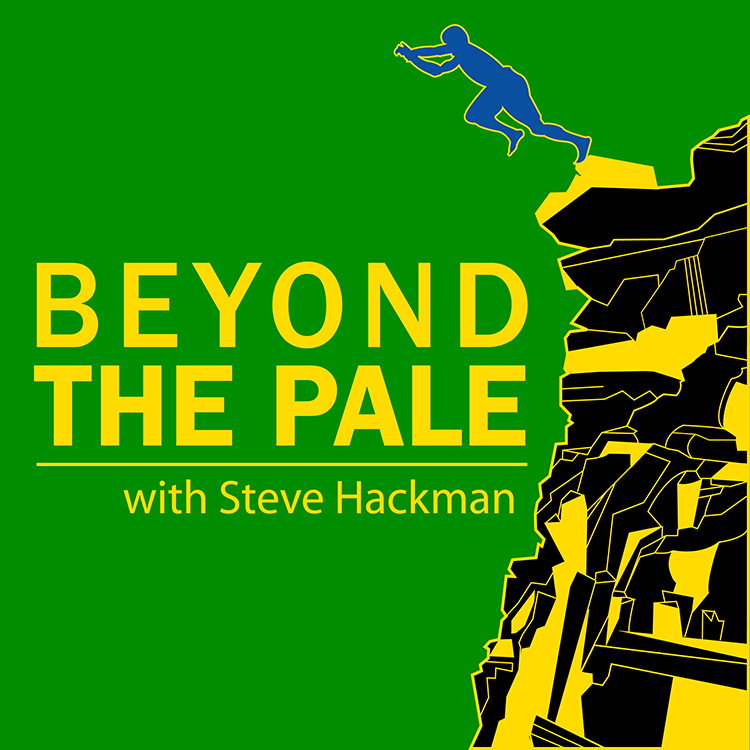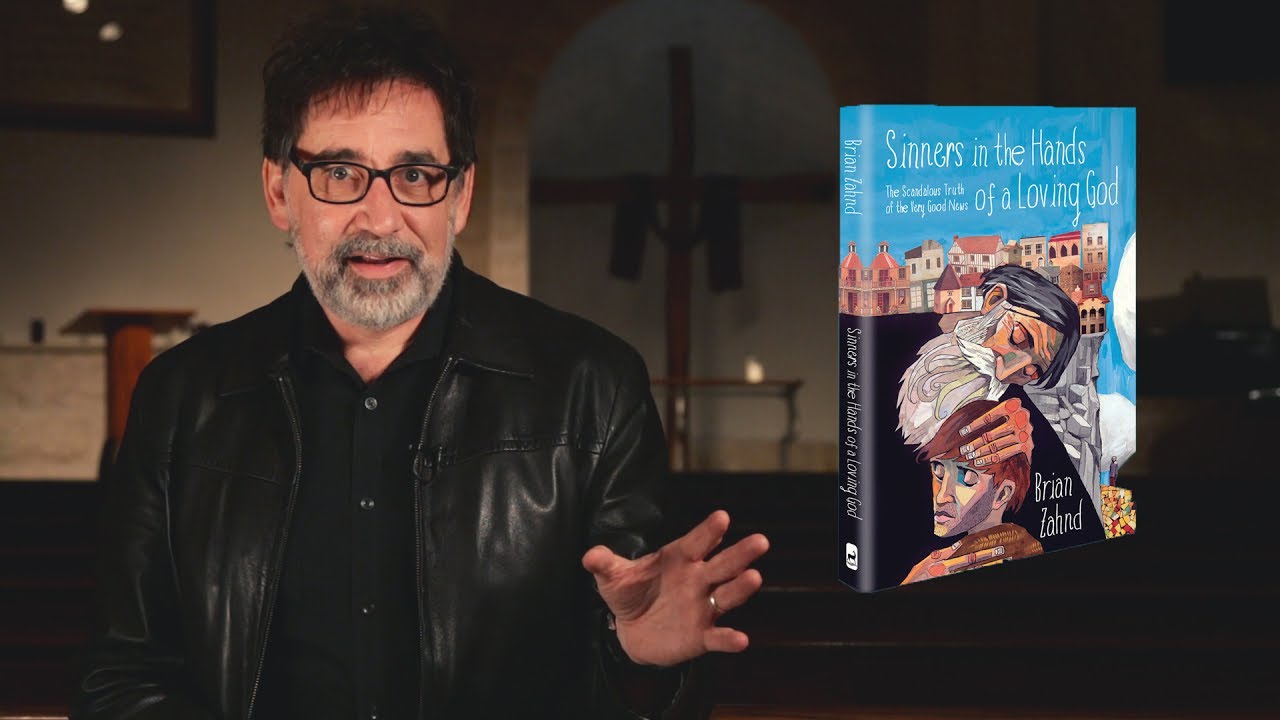What Does Rob Bell Talk About When He Talks About God: A Book Review
 Ok, I actually finished Rob Bell’s What We Talk About When We Talk About God a couple weeks ago but right when I was set to blog a review, he dropped the “affirming gay marriage” bomb which I ended up writing about instead.
Ok, I actually finished Rob Bell’s What We Talk About When We Talk About God a couple weeks ago but right when I was set to blog a review, he dropped the “affirming gay marriage” bomb which I ended up writing about instead.
So as this is a blog about all things Christian and not a Rob Bell fan site I decided to have a little breathing space before reviewing the book.
The Review
You know how Douglas Adams started his Hitchhiker’s Guide to the Galaxy saga by declaring:
Space is Big, I mean really BIG. You may think it’s a long walk down to the chemist, but that’s just peanuts compared to space!
well, Rob Bell pretty much starts What We Talk About the same way. Jumping off a discussion he had with an atheist who had fallen into the either / or dichotomy that assumed because Bell was a Christian he was “anti” science, Bell spends a fair bit of time blowing the reader’s mind with trivia he’s accumulated about how massive and incredible our universe is.
I must admit, I eat this stuff up. Especially when he brought up the sub-atomic particles recently discovered that “move” without traveling the space between.
Whoaaaa!
Bell’s point, directed both at Christians and “non”, is that things tend to be bigger, more complex, and ultimately more beautiful than our current understandings. Like God revealing creation to Job, Bell uses creation to remind the reader that you think you understand
…but you don’t!
Armed with this realization perhaps we can all be more gracious and humble when we talk about God with others.
OK, but “what” God?
Critics of Rob Bell (and there are many) often ask what God he is referring to. Almost to address this question from the start Bell states:
First, I’m a Christian, and so Jesus is how I understand God. I realize that for some people, hearing talk about Jesus shrinks and narrows the discussion about God, but my experience has been the exact opposite. My experiences of Jesus have opened my mind and my heart to a bigger, wider, more expansive and mysterious and loving God who I believe is actually up to something in the world.
What We Talk About is essentially a really long article designed to help you see that God, through Jesus Christ, is accomplishing something on this Earth and that most people, Christians included, are completely blind to it.
In fact his experience, and for that matter mine, is that people are not only blind to it, but will actively fight to keep that blindness because to admit “seeing” would require adjustments in us to difficult to contemplate.

With…For…Ahead
Bell hangs the arguments of his new book on the concepts that God is “with” us, he is “for” us, and he is pulling us “ahead”.
He breaks down traditional notions that God is somehow “up in heaven out there somewhere”. This type of theology, he says, has created an idea that God is optional in our lives; occasionally he may show up, but we can get along with or without him just fine.
Not so…
Bell would argue that God is HERE and the Earth is literally humming with his presence. We just need to see it.
And not only is he HERE, but his “for” YOU. He is on your side! And then he is pulling us “ahead”.
It is in this area that the book really shines. Christians are often at a lost when trying to reconcile certain laws in the Old Testament or actions taken by God which seem completely at odds with Jesus in the New Testament. In fact Bell argues the Bible, rather than being a book that gets accused of “backwardness”, is instead a tool that has always been bringing his people forward and “ahead” through the ages.
What Do We Talk About When We Talk About God will be many things to many people. To Bell’s critics it will confirm that he asks a lot of questions and is (still) light on answers.
Jealous professional writers will continue to blog on why a guy who just rambles a bunch of thoughts throughout what is essentially a really long article can sell so many books. Well, at least a lot more than they do.
But for guys like me I say to Rob Bell “Ramble on…sing your song” I like what you talk about when you talk about God.
3 comments
Comments are closed.



Steve, thanks for the review. Just got and started the book…my mind is still spinning with the whole “humungo” and “minute-ness” of creation. Reminded me of a Louis Giglio (sp?) message I heard once. Can’t wait for the see the rest… Really appreciate your approach! Thanks for living beyond the pale.
Thanks Michael, I appreciate that! Yes, Louis Giglio came to mind for me as well…
As you say, Christians are often at a loss in trying to reconcile the “contradictions” between the OT and the NT. I agree with Peter Rollins when he says in How Not to Speak of God.that the Bible is a manifestation of our emergent conversation with God…”The emergent Christian community that arises from recognition of this reality is one that believes and acts in a loving, sacrificial, and Christlike way. The emerging community can teach us again that love must be the first word on our lips as well as the last. To love is to know God precisely because God is love…Orthodoxy as right belief allows us to sit back with our Pharisaic doctrines guarding the “truth” with the purity of our interpretations. This costs us little indeed. But orthodoxy as believing in the right way, that is as bringing love to the world around us and within us, will cost us everything.”